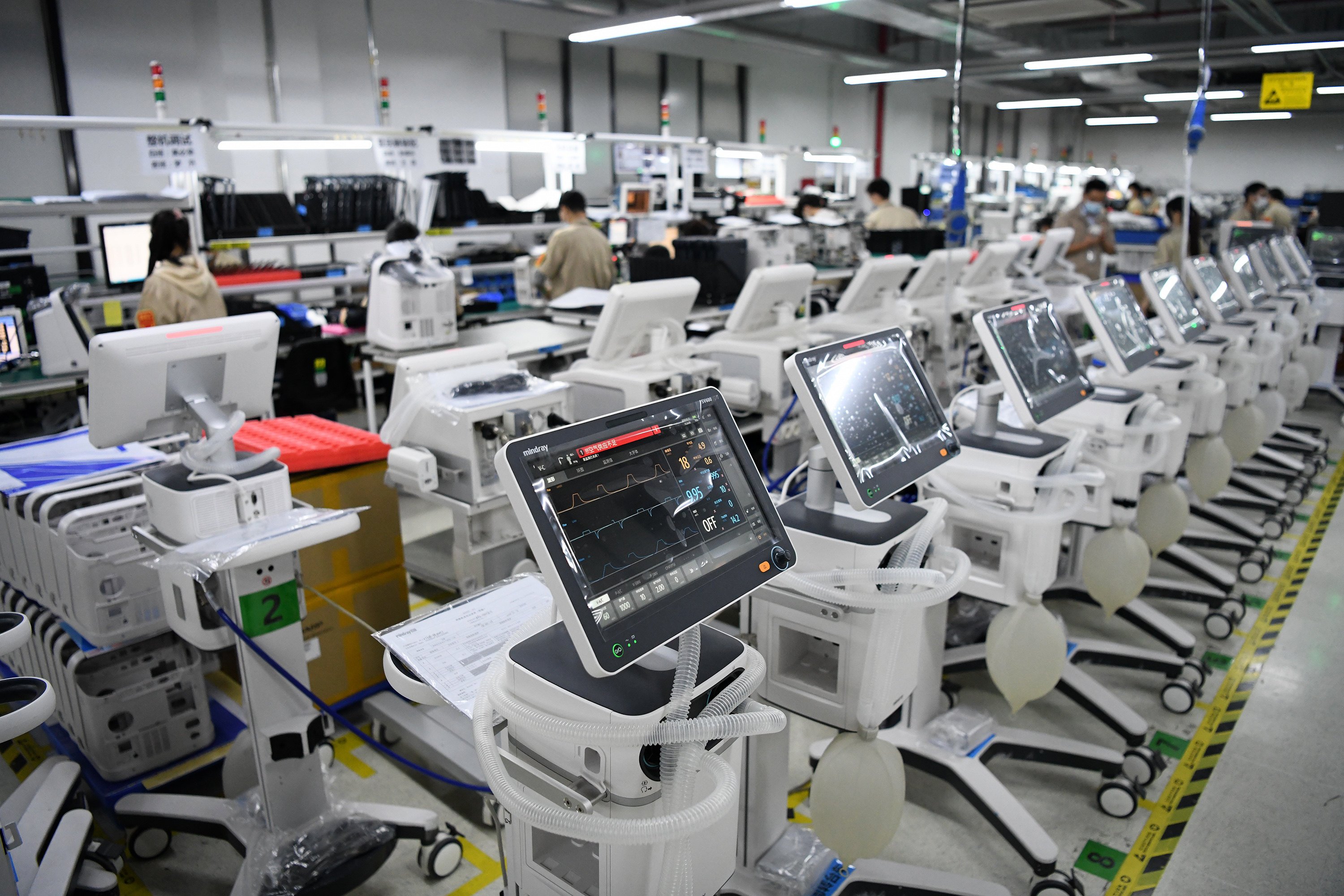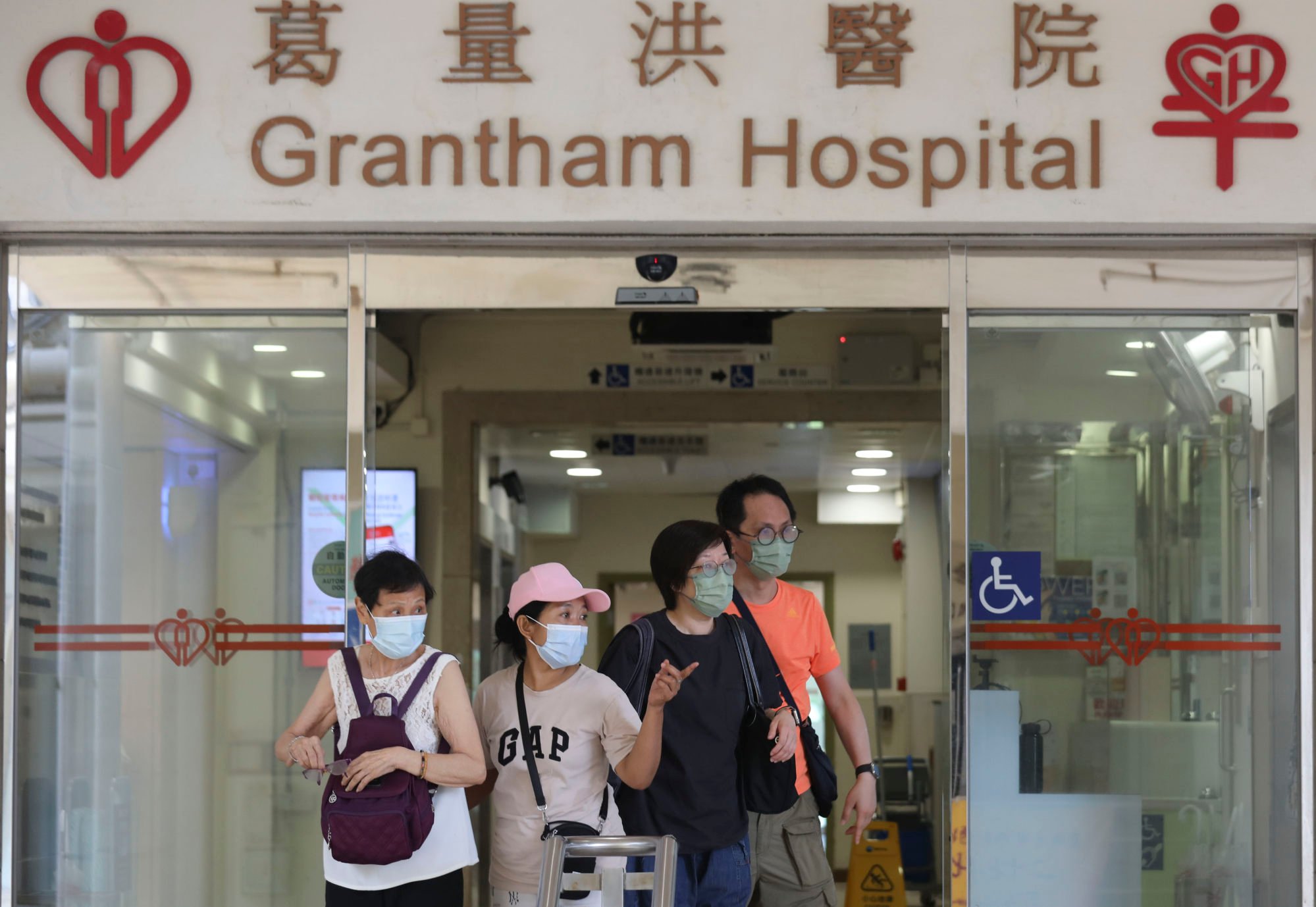United Innomed Targets Hong Kong For Heart Device Trials After New Funding

Shanghai-based medical device start-up United InnoMed plans to collaborate with medical institutions in Hong Kong on clinical studies with the aim of commercialising an artificial intelligence-driven device for treating and managing patients with heart failure.
Targeting chronic heart failure patients, the device would be a “two-in-one” instrument serving both therapeutic and diagnostic functions, according to founder and CEO Wang Li. The firm hopes to cut the risks and costs of implanting two separate devices for such cases under most existing situations, he added.
“Many Chinese heart failure patients are willing to have a therapeutic device implanted, but most would be [opposed] to having another device lodged for real-time monitoring,” he said in an interview last week. “Our two-in-one concept is similar to smartphones. Before they were developed, we needed a camera, a phone and a laptop to do what can be done in one device today.”
So far, only two implantable monitoring devices have been approved by the US Food and Drug Administration for monitoring pulmonary pressure daily from home, he added.

Hong Kong could be one of the trial sites as part of the firm’s international development effort, Wang said.
“Coming to Hong Kong to collaborate with hospitals on clinical studies for our products would be an obvious choice,” he said. “My previous experience working with clinicians in Hong Kong was excellent, I was impressed with the data quality and high work standards.”
United InnoMed, established in 2020, completed a US$20 million pre-Series B round of private fund-raising last month. It was co-led by Shanghai-based Dalton Venture and Beijing-based Lapam Capital. US pharmaceutical giant Eli Lilly, an existing backer, also joined. The proceeds will fund its products development and clinical trials.
The firm has completed 40 animal tests and hopes to win regulatory approval from Beijing to start clinical studies by the end of the year. The studies would aim to record efficacy and safety evidence. The device can send real-time data for early medical intervention to prevent hospitalisation, Wang said.
The start-up is also developing a separate “electrical circulatory support” device that can release electric stimuli to improve the contraction of heart muscles of certain patients susceptible to acute heart failure, he added.
Heart failure, caused by factors including coronary artery disease, high blood pressure, diabetes and obesity, affect some 64 million people globally, according to the Switzerland-based World Heart Foundation. About 45 to 60 per cent of deaths occur within five years of first hospital admission, it said.
China, with around 15 million heart-failure patients, has about 3.6 million hospitalisation incidences annually, Wang said. On average, each incident lasts for 10 days and costs 30,000 yuan (US$4,126) in annual healthcare, compared with four days and US$10,000 to US$17,000 in the US, Wang said.
Clinical data from 2,500 cases has shown that they could lower hospitalisation by 40 to 50 per cent and cut death rates by 25 per cent. United InnoMed plans to conduct clinical studies on its devices with several hundred patients in China to improve the medical outcomes and lower costs, he added.
Two decades ago, Wang collaborated with university teaching hospitals Queen Mary Hospital and Prince of Wales Hospital and cardiothoracic hospital Grantham Hospital, when he led research and development projects at medical device giant Medtronic. He subsequently became its China head for the artificial cardiac pacemaker business.
He was also a former CEO of MicroPort Sorin CRM (Shanghai), which launched China’s first domestic cardiac pacemaker production line in 2015.


